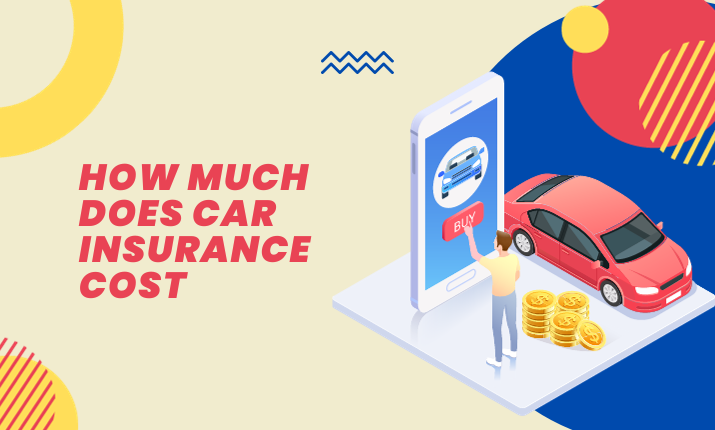Introduction
One key consideration for car ownership is insurance coverage. Not only is it often legally mandated, but car insurance also serves as an essential financial safeguard against unexpected events. But how much does car insurance cost? We will explore all the factors affecting premiums as we provide insights to assist with managing this aspect of ownership.
Understanding the Basics Before diving in and discussing costs, let’s first cover some basic understanding of auto insurance.
Types of Car Insurance
Liability Coverage, Collision Coverage, Comprehensive Coverage, Personal Injury Protection (PIP), Uninsured/Underinsured Motorist Coverage and Uninsured/Underinsured Motorist Coverage.
Factors Affecting Car Insurance Costs.
Location (Wikipedia)
Your location is integral to determining car insurance premiums. Urban areas generally have higher premiums due to increased traffic congestion and a greater chance of accidents. At the same time, rural locations offer cheaper car coverage due to reduced crime and less congestion.
Age and Driving Experience
Young, inexperienced drivers typically incur higher insurance costs that reflect their higher risk. Conversely, experienced drivers with clean records usually enjoy lower premiums.
Type of Vehicle
Your choice of make, model, and year vehicle can enormously impact insurance costs; sports and luxury vehicles typically incur more expensive premiums than regular sedans.
Coverage Limits
Your coverage limit selection impacts your premium costs; higher limits incur higher premiums but provide more financial protection.
Deductible Amount
Your deductible is paid out-of-pocket before insurance kicks in; a higher deductible could lower premiums but increase financial responsibility should an accident happen.
Driving History
Maintaining an impeccable driving history can help lower insurance rates; accidents, violations, and claims increase premiums significantly.
Credit Score
A surprising aspect of car insurance premiums can be your credit score; higher scores typically indicate greater responsibility and can help lower premiums accordingly.
Additional Considerations
Bundling Policies Bundling multiple insurance policies, such as home and car coverage, could result in discounts.
Anti-Theft Devices
Outfitting your vehicle with safety and anti-theft features and devices can significantly lower premiums by decreasing theft risk and accidents.
Now that you better understand the factors influencing car insurance costs let’s delve into some practical tips to help you find affordable coverage without compromising quality.
Shop Around
It is crucial to compare quotes from various insurance providers. Every provider uses different criteria when setting premiums, leading to prices varying widely between providers. Take advantage of online tools and platforms that enable you to easily receive and compare multiple insurance quotes simultaneously.
Bundle Your Policies
As previously discussed, bundling multiple policies such as auto, homeowners, or renters insurance together can result in substantial discounts – providing an efficient way of saving money while ensuring complete protection.
Maintain a Clean Driving Record
Safe driving can keep everyone on the road safe and help preserve a clean record, leading to reduced insurance premiums and possible reductions.
Consider Higher Deductibles
Raising the deductible could be a wise strategy to lower monthly premiums while paying more out-of-pocket when filing claims if you have an adequate financial cushion.
Conclusion
Car insurance costs can differ dramatically based on various factors. Gaining a greater understanding of these elements allows you to decide which coverage best meets your needs and budget. While cost is an important consideration, adequate protection is just as essential.
Does the law mandate minimum car insurance requirements?
In most jurisdictions, liability coverage is the required minimum car insurance requirement – this protects other parties should an accident occur and covers damages to them from an incident.
Can increasing my deductible reduce premiums?
While expanding your deductible typically leads to lower premiums, this also means having to pay out-of-pocket more if there is ever an incident requiring payment from you.
How can I increase my credit score for a lower insurance premium rate?
Engaging in responsible finances by paying bills on time and reducing outstanding debt will help boost your credit score and potentially result in lower insurance premiums.
Are discounts available for safe driving?
Many insurance companies provide discounts for those with clean records; completing defensive driving courses can reduce premiums.
What role does an insurance agent play in determining my premium?
Insurers assess risk profiles to develop premium quotes based on driving history, coverage needs, and vehicle type.

